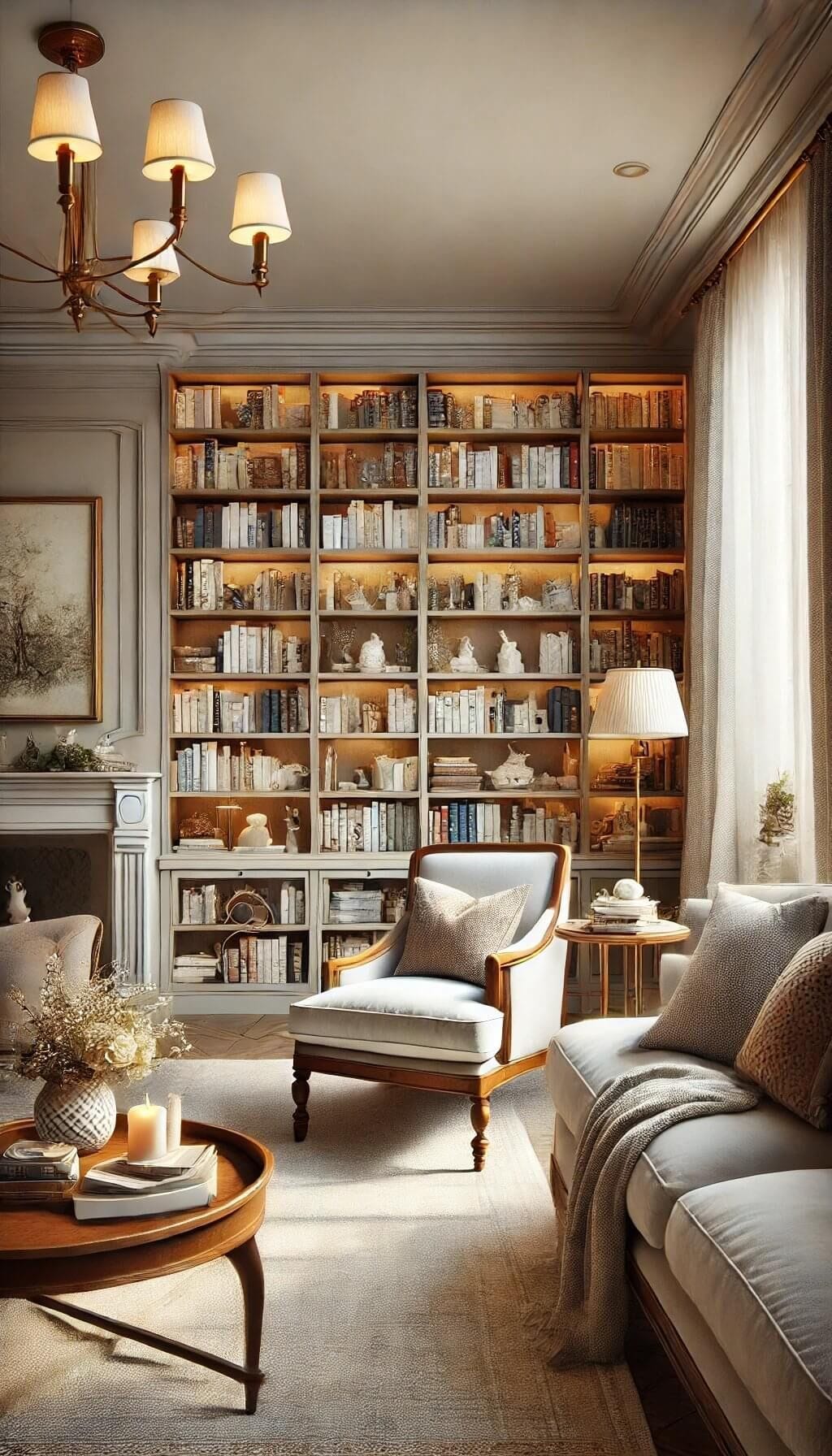When it comes to designing a home, lighting is often treated as an afterthought—something functional rather than foundational. Yet, lighting is one of the most powerful tools in shaping how a space looks and feels. Whether it’s natural sunlight streaming through windows or the glow of a statement chandelier, lighting affects everything from color perception to mood, making it essential to get it right.
Here’s how lighting can completely transform your space—and a few tips on how to make the most of it.
The Role of Lighting in Design
Lighting does more than brighten a room—it influences the atmosphere, enhances architectural features, and sets the tone for how the space is experienced. Different types of lighting work together to create a layered, dynamic environment.
Ambient Lighting: This is the foundational light source in a room, typically provided by ceiling fixtures or recessed lights. Ambient lighting sets the overall brightness and ensures the space is well-lit.
Task Lighting: Designed for functionality, task lighting provides focus in areas where specific activities take place, such as reading lamps, kitchen under-cabinet lights, or desk lamps. It allows you to see clearly while performing tasks without straining your eyes.
Accent Lighting: The unsung hero of design, accent lighting highlights architectural details, artwork, or other focal points. Picture lights, spotlights, and wall sconces help add depth and dimension to a room, drawing the eye to special features.
Creating Mood with Lighting
Lighting has a profound effect on how we feel in a space. Warm, dim lighting creates an intimate and cozy environment, perfect for bedrooms or dining areas. In contrast, bright, cool lighting energizes and stimulates, making it ideal for kitchens, home offices, or gyms. By choosing the right type and intensity of light, you can set the mood to fit the function of the room.
Warm Tones: Warmer lighting, often in the range of 2,700K to 3,000K, is calming and inviting. This type of lighting works particularly well in spaces where you want to unwind, like the living room or bedroom.
Cool Tones: Cooler lighting, from 3,500K and above, is crisp and invigorating. It mimics natural daylight and is best used in workspaces, kitchens, or bathrooms where visibility is key.
Natural Light: The Ultimate Source
There’s no better light source than natural sunlight. It enhances colors, makes spaces feel larger, and improves our mood and well-being. Maximizing natural light through strategically placed windows, skylights, or even reflective surfaces like mirrors can drastically change the way a room feels.
If your space is lacking in natural light, consider installing lighter window treatments or using glass doors to allow sunlight to flow between rooms. Light-colored walls and finishes also reflect more light, making rooms feel brighter and more open.
Statement Lighting as Design Focal Points
While lighting serves a functional purpose, it can also be a design statement in its own right. Chandeliers, pendants, or sculptural lamps can become the focal point of a room, adding drama and personality. Whether your style is minimalist or eclectic, investing in a statement fixture can elevate the design of your space.
Consider hanging a decorative pendant over a dining table, placing a sculptural floor lamp in a reading corner, or using a series of small pendants to create interest in a hallway. The right light fixture can serve as both an art piece and a functional necessity.
Dimmers and Smart Lighting for Flexibility
One of the most effective ways to enhance lighting is by adding dimmer switches or smart lighting controls. Dimmers allow you to adjust the light levels based on the time of day, activity, or mood, giving you greater control over the ambiance. Smart lighting systems, which can be controlled via apps or voice assistants, make it even easier to customize your lighting setup and add convenience to daily life.
The Final Layer in a Well-Designed Space
When planning your space, don’t underestimate the power of lighting. It’s not just about illuminating a room; it’s about creating a layered, dynamic environment that works in harmony with the colors, textures, and architecture around it.
The right lighting can breathe life into a room, enhance its beauty, and elevate its purpose. Whether you're aiming for cozy, dramatic, or functional, understanding how to use light to your advantage will help you achieve a perfectly balanced and illuminated space.
Until next time,
The Slate Team





